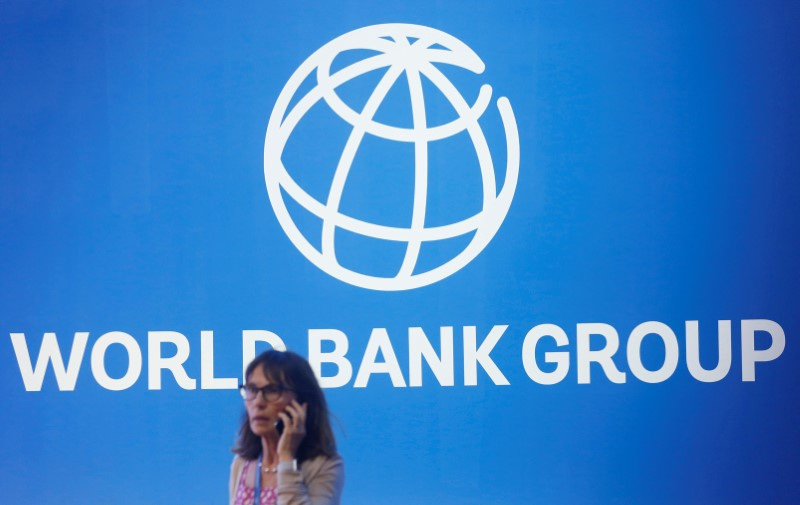WASHINGTON, (Reuters) – The World Bank and Inter-American Development Bank agreed today to deepen their cooperation on Western Hemisphere development efforts, including preserving the Amazon rainforest, Caribbean disaster resilience and digital access across Latin America.
The four-year agreement signed by World Bank President Ajay Banga and IDB president Ilan Goldfajn makes good on a pledge they made in June, during a joint trip to Peru and Jamaica, to collaborate more and compete less on projects as both institutions seek to scale up financing for development and to fight climate change and other global crises.
The two development banks said a memorandum of understanding calls for the two institutions to cooperate in the planning and execution of programs and activities in “areas of common interest,” collaborate on research, conferences, training seminars and dissemination of information. They also agreed to collaborate on ways to join with other entities, including the private sector, to leverage resources and pursue similar goals.
The first-ever joint trip between IDB and World Bank leaders “sent a strong message that we are in a different world,” Goldfajn told Reuters in a June interview. “We’re not going to compete on projects. We’re going to do this in a more efficient way.”
Goldfajn said he and Banga agreed on the trip to focus on a narrow set of collaboration objectives to give them more impact — a theme also emphasized by Banga, the former Mastercard CEO who took over the World Bank’s top job in June.
The World Bank’s expanded mission to tackle climate change, fragility and pandemics “demands we reimagine partnerships across the board with the private sector, civil society, and other multilateral institutions,” Banga said in a statement. “This partnership and work plan between the World Bank and Inter-American Development Bank is that ambition in action.”
In the Amazon region, the World Bank and IDB said they will combine their expertise to support those countries in their transitions to net-zero deforestation, helping people to pursue better livelihoods while preserving the rainforest. These efforts include providing technical assistance to issuers of “Amazonia bonds” that have interest rates linked to rainforest preservation targets and clean energy transitions.
Brazil alone will need some $5 billion in additional financing annually to meet 2028 targets to halt illegal deforestation, Banga told a signing event in Washington.
The institutions also will seek to cooperate on financing packages to develop alternative employment for residents of the region, nearly 40% of whom live in poverty.
“If you don’t do that, you’re putting a Band-Aid on an open wound,” Banga said. “We have to fix the whole, so it’s about both the protection of the Amazon but also the prosperity of the people who live in the Amazon.”
The two institutions will take a similar approach in supporting catastrophe bonds to help build resilience among Caribbean island countries to hurricanes and other natural disasters. Such bonds, pioneered by Jamaica, offer disaster insurance payouts if tropical storms reach certain thresholds, allowing developing countries to better cope with sudden destruction.
They said they will help Caribbean countries design national disaster risk financing strategies and develop their own internal risk financing strategies for countries in the region.
The third major area of cooperation is increasing digital services access throughout Latin America and the Caribbean, closing gaps in unconnected rural areas and fostering a “connected schools for all” effort to boost education. The MOU calls for the two institutions to explore private sector investment opportunities to improve digital infrastructure and bring affordable mobile devices to the region.






